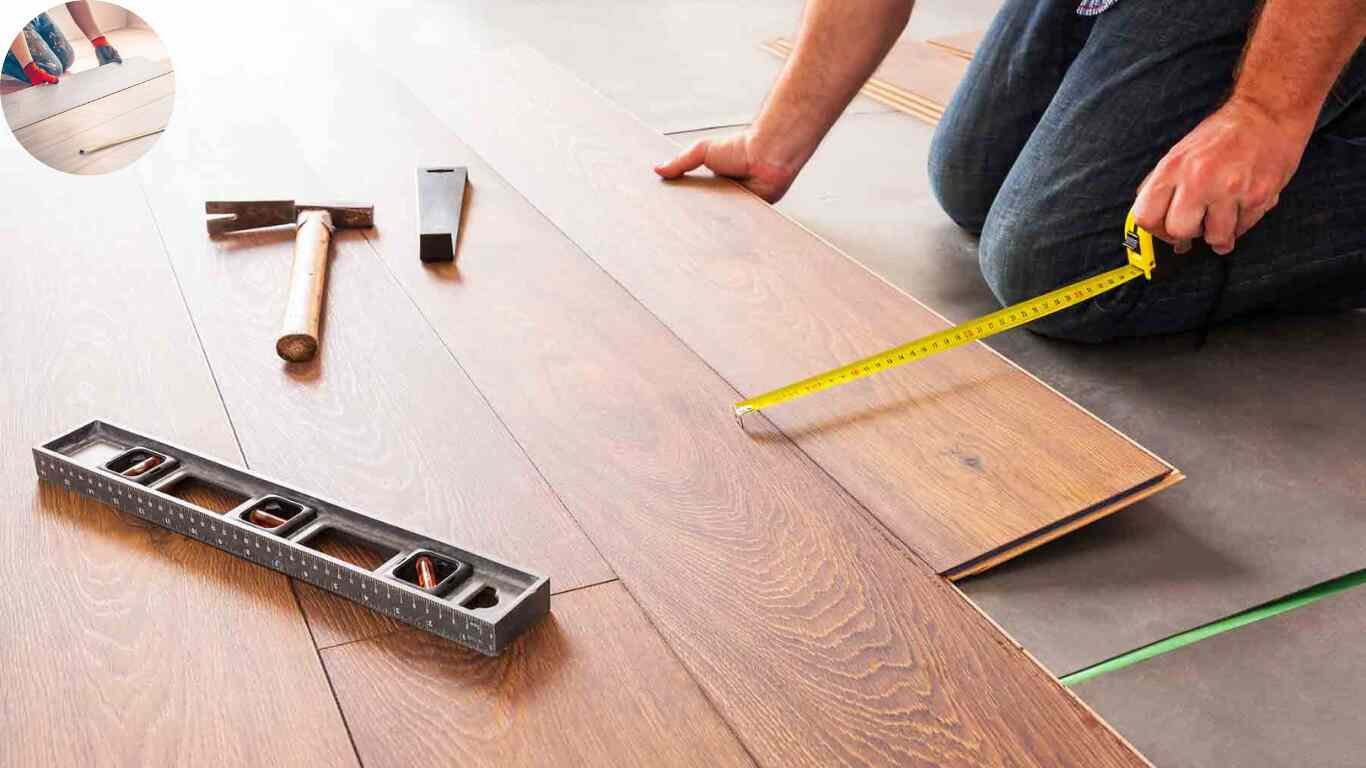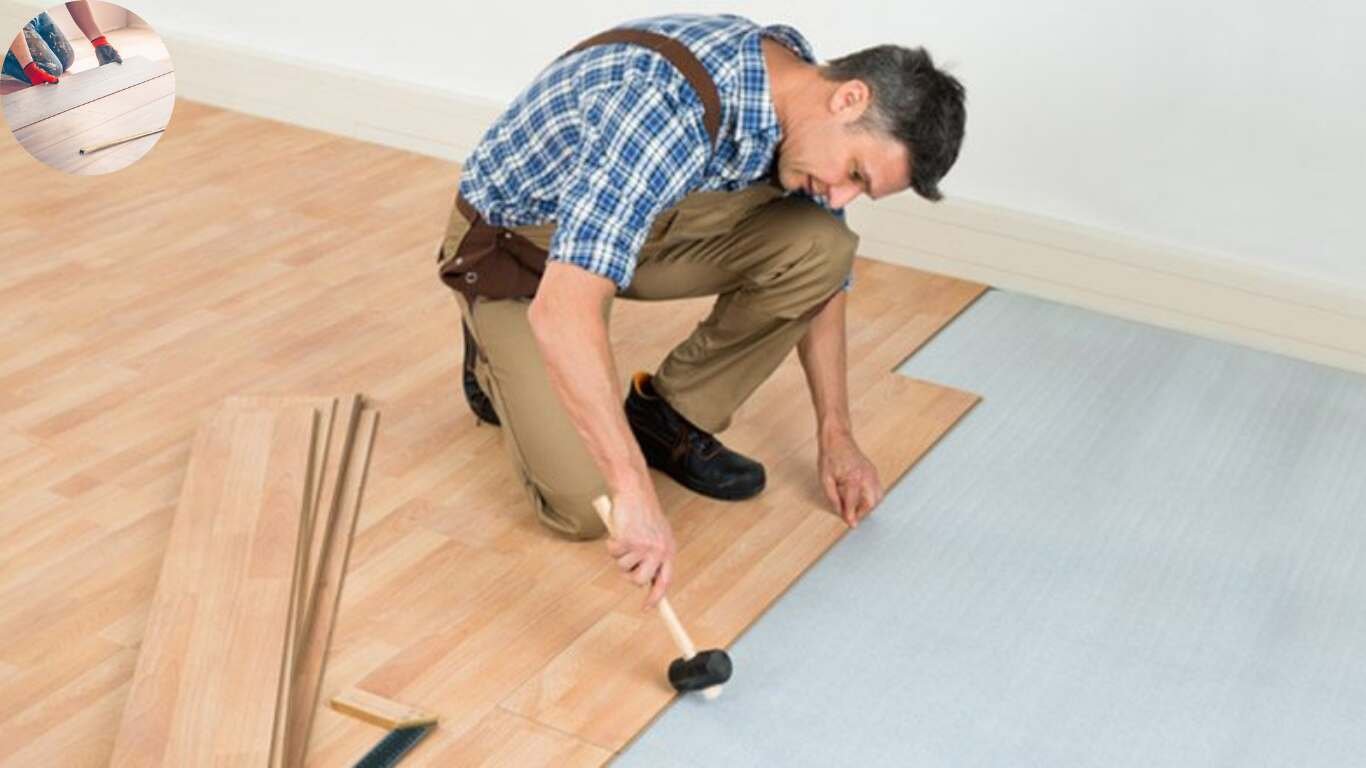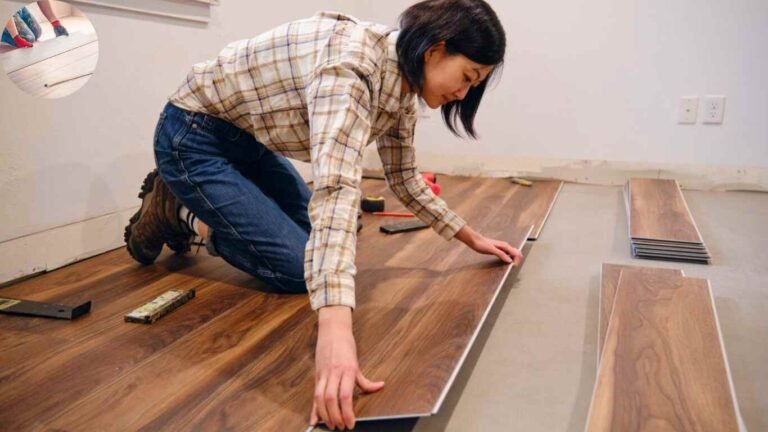When it comes to boosting your home’s value, few upgrades make as immediate an impact as new flooring. Whether you’re preparing to sell or simply want to refresh your living space, the condition and style of your floors play a crucial role in shaping first impressions and influencing buyer perceptions. Fresh, high-quality flooring can transform a room, making it feel more modern, inviting, and well-maintained-qualities that often translate into higher market appeal and, potentially, a better sale price. But does installing new flooring always guarantee a return on investment? The answer depends on factors like the type of flooring you choose, how well it complements your home’s overall design, and the expectations in your local real estate market. In this article, we’ll explore whether new flooring really increases your home’s value and what you should consider before making this popular renovation.
The Importance of Flooring in Home Value
Flooring plays a vital role in determining your home’s overall value. It sets the tone for each room and creates an inviting atmosphere. Buyers often make snap judgments based on what they see underfoot.
Durable, attractive flooring can significantly enhance curb appeal. A potential buyer notices details that elevate their impression of your space as soon as they walk through your door.
Furthermore, high-quality materials tend to attract higher offers. Many people appreciate hardwood or luxury vinyl because these choices convey both style and functionality.
Different types of flooring also resonate differently with various demographics. Families may prioritize child-friendly options like laminate or carpeted surfaces. In contrast, young professionals might lean towards sleek tiles or polished concrete.
Investing in new flooring is more than just aesthetics; it communicates quality and care about maintenance throughout the home.
Factors that Affect the Value of Flooring
When considering whether new flooring adds value to your home, several factors come into play. First, the material type significantly influences perceptions and durability. Hardwood floors often command higher prices than laminate or vinyl options.
The quality of installation is another key element. Poorly installed flooring can detract from overall appeal and may even lower market value. Buyers appreciate a flawless finish.
Location matters too. In upscale neighborhoods, high-quality materials are expected and can boost resale potential dramatically. Conversely, in more modest areas, overly luxurious choices might not yield the same returns.
Trends in design also shape buyer preferences. Eco-friendly materials are increasingly popular, while timeless styles like classic tiles remain sought after across demographics.
Maintenance requirements factor in; easy-to-care-for surfaces attract buyers who prefer convenience over upkeep challenges.
You may also read(home improvement)
Popular Flooring Options and Their Pros and Cons
When considering new flooring, several popular options come to mind. Hardwood is timeless and adds elegance, but it often comes with a hefty price tag and requires maintenance to keep it looking pristine.
Laminate flooring offers a budget-friendly alternative. It can mimic the look of wood or tile without the high cost. However, while durable, laminate isn’t as long-lasting as some other materials.
Tile stands out for its versatility and durability.It is ideal for moist areas such as kitchens and bathrooms. Yet, installation can be labor-intensive and might require professional help.
Carpet brings warmth and comfort to any room. It’s perfect for cozy spaces but tends to trap allergens over time.
Vinyl planks are gaining popularity due to their resilience and ease of upkeep. They can handle heavy foot traffic well but may not have the same aesthetic appeal as natural materials.
Real Estate Market Trends and the Impact on Flooring Value
The impact of flooring on home values is heavily influenced by real estate market trends.When demand for homes rises, buyers often seek properties that reflect modern aesthetics and functionality. Fresh flooring can make a significant impression.
As styles shift, certain materials become more desirable. For example, hardwood has retained its appeal over time, while luxury vinyl has surged due to its durability and affordability. Homes with updated flooring options are likely to attract higher offers.
In competitive markets, high-quality floors can set your home apart from others that may need updates or repairs.
Understanding these trends helps homeowners make informed decisions before investing in new flooring. Staying attuned to what potential buyers prioritize ensures you’re enhancing both aesthetic appeal and resale potential effectively.
Tips for Choosing the Right Flooring for Your Home’s Value
Choosing the right flooring can significantly enhance your home’s appeal and value. Start by understanding your local real estate market. Research popular materials in your area, as trends can vary widely from one region to another.
Consider durability and maintenance when selecting flooring. Buyers often prefer options that are easy to clean and require minimal upkeep. For instance, luxury vinyl planks offer the look of hardwood with added resilience against scratches and moisture.
Think about aesthetics too. Choose colors and styles that complement existing decor, creating a cohesive look throughout your home. Neutral tones tend to attract a broader range of buyers while still allowing for personal expression through furniture and accessories.
Budget wisely; not all expensive options guarantee high returns on investment. Sometimes, mid-range choices perform better financially than premium materials if they align well with buyer preferences in your area.
Don’t overlook professional installation if you’re going for high-end products or intricate designs. Quality workmanship will ensure longevity, enhancing both beauty and value over time.
By considering these factors carefully, you can make informed decisions about new flooring that not only enriches your living space but also contributes positively to its overall worth.
You may also read (how to choose the best kitchen flooring for your home)
